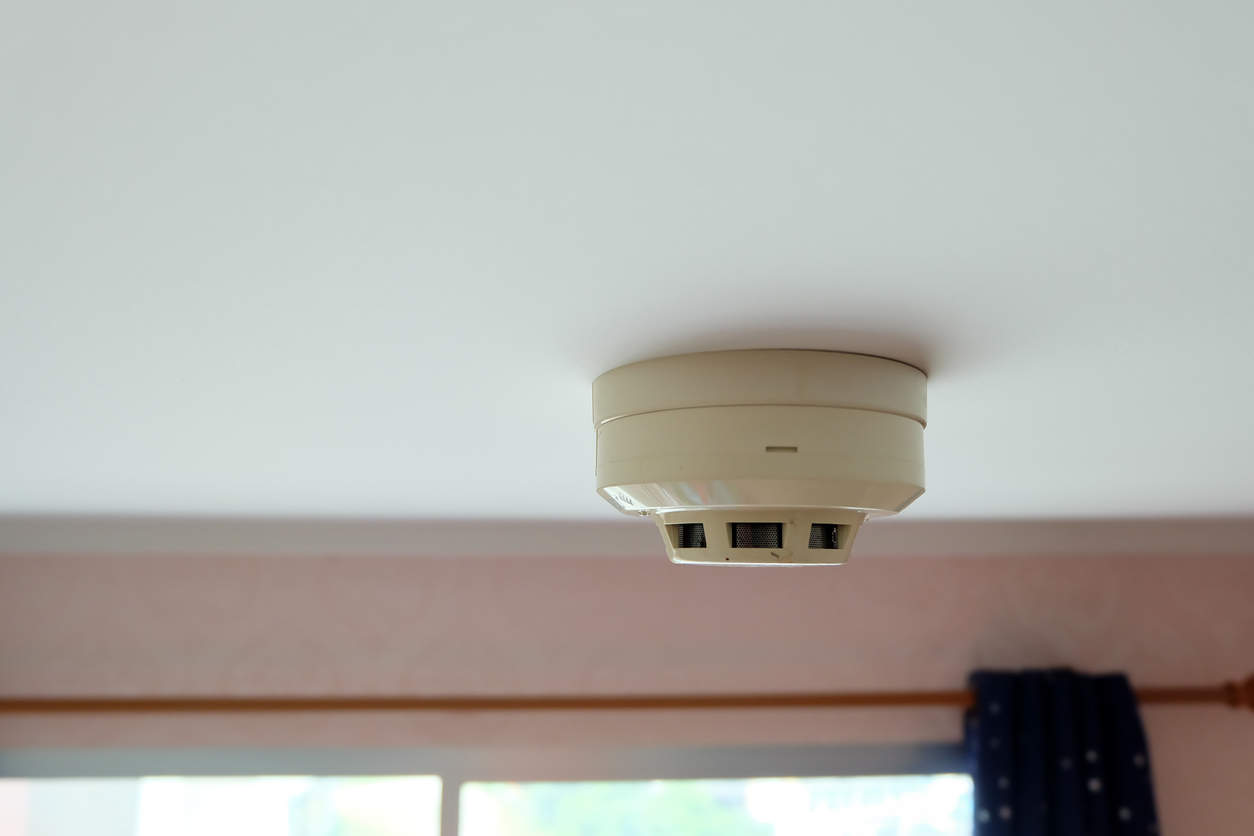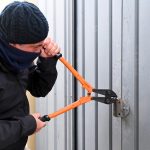
When it comes to home safety, people often think about installing alarm systems and incorporating deadbolts and security cameras within and around their homes. However, garage safety is often overlooked or forgotten. But, home garage safety is vital when it comes to preventing damage and injuries for your entire family.
Our garage safety tips prioritize two necessary tools to keep your home safe: a heat detector and a carbon monoxide detector.
Garage Heat Detectors
No matter how you use your garage space, a heat detector in your garage can ensure that your family, pets, and heirlooms are kept safe.
Now, how do heat detectors work differently than smoke detectors? Heat detectors will react when there’s an increase in temperature within the room, which is often caused by a fire.
A smoke detector is a common safety device in your home and may be confused with a heat detector. These terms should not be used interchangeably, so let’s outline the purpose and difference of each.
If you have a smoke detector in your garage, you may notice it goes off more frequently than necessary. That’s because it can be triggered due to car exhaust and excessive dust in your garage space.
So, if you use your garage space for a creative studio, extra living room, or alternative use, you may want a smoke detector in your garage. However, if you’re using your garage as a storage space for your car or as a workshop, we’d recommend a heat detector instead.
It’s best to buy a multi-criteria heat detector so it will sense both an increase in temperature and the rate of the rise. There are also options to have both a smoke detector and heat detector all in one device.
Because each device works and reacts to heat and fires, heat detectors are more reliable than a smoke detector in your garage. Whether your space is experiencing a heat wave or a spark turns into a fire, the heat detector will alert you to any abnormal conditions so you can act accordingly.
To make the most out of your heat detector, install interconnected alarms for additional garage safety. That way when one starts going off, the other alarms will turn on. This ensures that anyone in or around the house is aware of an issue and can act proactively.
Garage Carbon Monoxide Detectors
Carbon Monoxide or CO is produced when fuel is burned in cars, trucks, small engines, stoves, lanterns, grills, fireplaces, and furnaces. So, if you store any of these materials within your garage, or have lanterns as exterior lighting, you should install a carbon monoxide detector for the protection of your family and pets. If this odorless, colorless gas builds up indoors, it can poison anyone, people and animals that breathe it.
Similar to heat detectors, a carbon monoxide detector will alert you of an issue within your garage. This is especially important if you have a car stored in your garage, are using your garage as a workshop with machinery, or keep a grill in your garage.
The alarm will sound if carbon monoxide levels are higher than standard so you can be proactive about the issue before the levels become life-threatening. There are even some detectors that you can buy that protect your family from both high levels of carbon monoxide and heat.
Because CO is a gas, it can easily leak into other rooms of your home. It’s essential to install interconnected alarms so that when one starts going off, the entire house is alerted.





